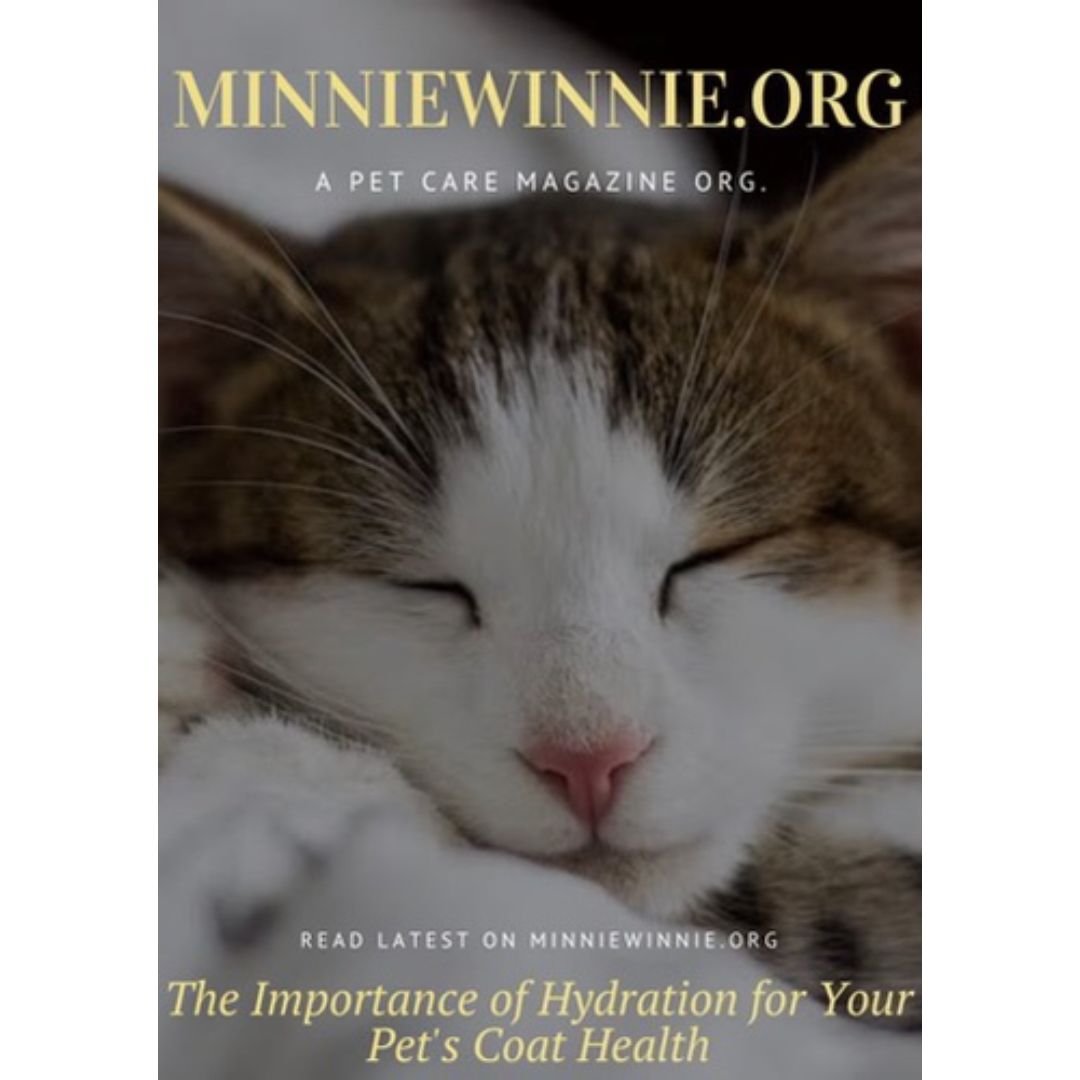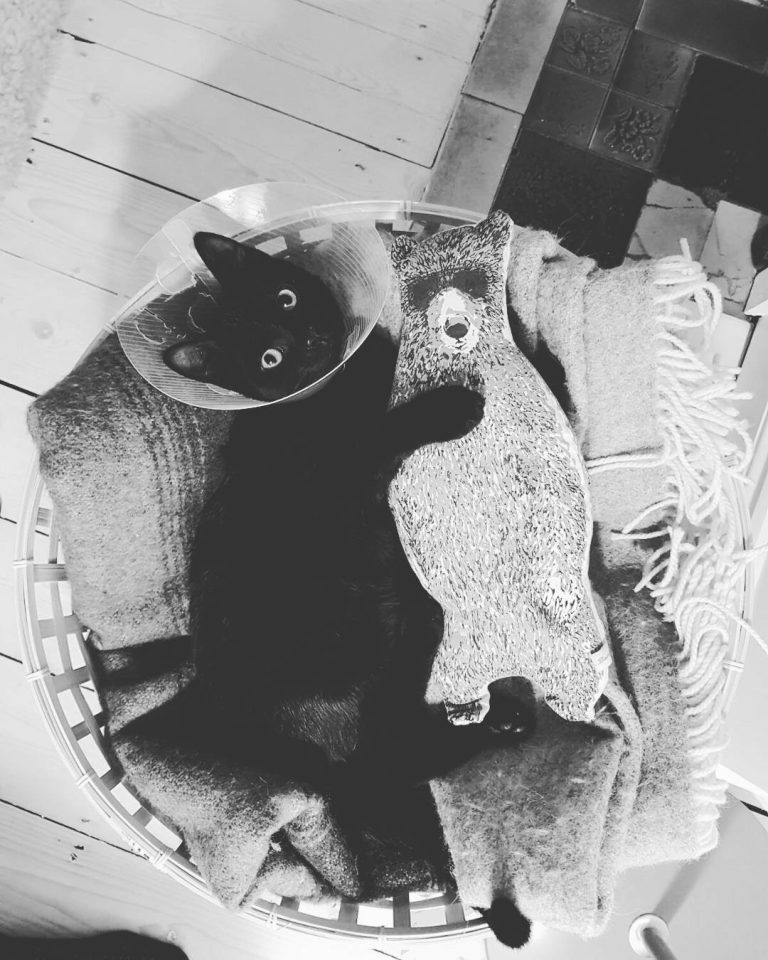The Importance of Hydration for Your Pet’s Coat Health
Hydration is essential for overall health, not just for humans but for our pets as well. While many pet owners focus on nutrition, exercise, and grooming, hydration often takes a back seat. However, adequate water intake plays a critical role in maintaining the health of your pet’s skin and coat. This article explores the importance of hydration for your pet’s coat health and offers tips on how to ensure your furry friend stays properly hydrated.
1. Hydration and Its Direct Impact on Skin and Coat
Just like in humans, water is vital for maintaining healthy skin and fur in pets. Your pet’s body is made up of around 60-70% water, which is crucial for various bodily functions, including circulation, digestion, and temperature regulation. When your pet is well-hydrated, their skin is more elastic, their fur is shinier, and they are less prone to skin irritations or infections.
- Skin Elasticity: Adequate hydration ensures that your pet’s skin remains supple and resilient. Dehydrated skin can become dry, flaky, and less able to protect against environmental irritants.
- Coat Shine and Texture: Water helps transport essential nutrients to the skin and fur, contributing to a glossy, smooth coat. Pets with adequate water intake tend to have a more vibrant and healthy appearance.
- Shedding and Hair Loss: Dehydration can lead to excessive shedding or hair loss. Proper hydration helps maintain the natural growth cycle of hair follicles, reducing the likelihood of hair thinning or bald patches.
2. Signs of Dehydration in Pets
It’s important to recognize the signs of dehydration in pets, as they can be subtle and easily overlooked. Common symptoms include:
- Dry Nose and Gums: A dry or sticky nose and pale gums are early indicators of dehydration.
- Lethargy: Dehydrated pets may become less active, displaying fatigue or reluctance to play or exercise.
- Sunken Eyes: In severe cases of dehydration, a pet’s eyes may appear sunken or dull.
- Loss of Skin Elasticity: If you gently pinch your pet’s skin and it does not quickly return to its normal position, this may indicate dehydration.
If you notice any of these signs, it’s crucial to encourage your pet to drink more water and seek veterinary advice if the symptoms persist.
3. How to Keep Your Pet Hydrated
Ensuring your pet stays hydrated is not just about providing fresh water; it involves creating an environment that encourages regular water intake. Here are some tips to help keep your pet well-hydrated:
- Access to Clean Water: Always ensure your pet has access to fresh, clean water. Refill water bowls regularly and clean them daily to prevent bacterial growth.
- Wet Food Diet: Incorporating wet food into your pet’s diet can significantly boost their water intake. Wet food contains a higher moisture content than dry kibble, helping to keep your pet hydrated.
- Water Fountains: Some pets prefer running water, so investing in a pet water fountain can encourage them to drink more frequently.
- Ice Cubes as Treats: Many pets enjoy licking ice cubes, especially in warm weather. It’s a fun and easy way to increase their water intake.
- Hydration Supplements: For pets that are reluctant to drink water, consider using hydration supplements or flavored water enhancers specifically designed for pets. Always consult your veterinarian before introducing any new products to your pet’s diet.
4. Environmental Factors Affecting Hydration
Environmental conditions play a significant role in your pet’s hydration needs. Pets are more likely to become dehydrated in hot, dry climates or during the summer months when they lose more water through panting and sweating (through their paws). Even in colder weather, indoor heating can dry out the air, leading to an increased need for hydration.
- Seasonal Adjustments: Increase your pet’s water intake during hot weather or if they are more active outdoors. Monitor their behavior closely and offer water more frequently.
- Indoor Humidity: Using a humidifier during winter can help maintain moisture levels in your pet’s skin and coat, reducing the risk of dryness and irritation.
5. The Link Between Hydration and Preventative Health
Keeping your pet well-hydrated not only benefits their coat but also supports their overall health. Adequate water intake helps flush out toxins, aids in digestion, and supports kidney function. By maintaining proper hydration, you can reduce the risk of urinary tract infections, kidney stones, and other health issues that can arise from dehydration.
In the context of coat health, hydration is a preventative measure against many common issues such as dandruff, dry patches, and excessive shedding. A well-hydrated pet is also less likely to suffer from itchy, irritated skin, which can lead to scratching and secondary infections.
Conclusion
Hydration is a key component of your pet’s overall well-being, directly influencing the health of their skin and coat. By ensuring your pet has consistent access to fresh water, adjusting their diet, and considering environmental factors, you can help maintain their hydration levels and support a shiny, healthy coat. Remember, a well-hydrated pet is not only healthier but also happier, so take the necessary steps to keep your furry friend’s water bowl full and their coat gleaming.










